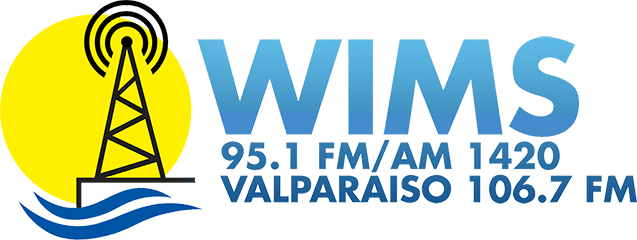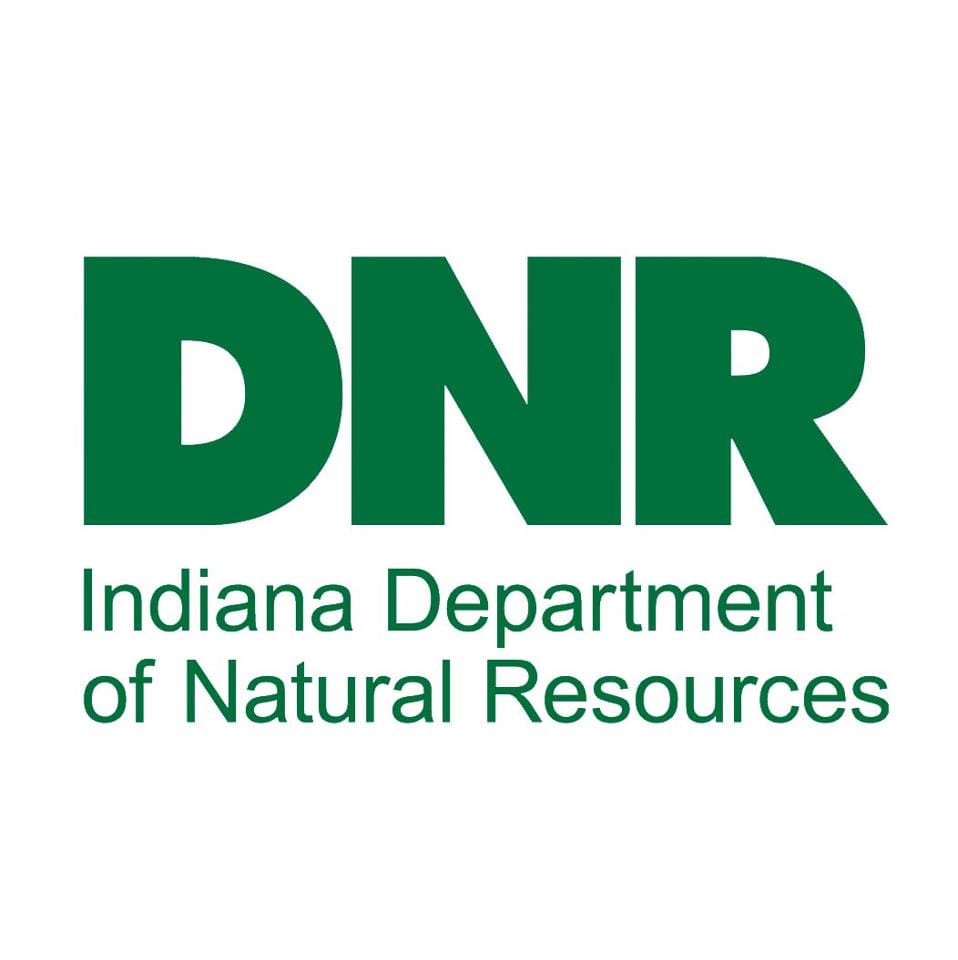Press release by Indiana Department of Natural Resources:
Purdue University will host a new collaborative U.S. Geological Survey research unit focused on delivering actionable science addressing fish, wildlife, plants, and other natural resources in Indiana and beyond, including the connection between the health of wildlife and the health of people.
The Indiana Cooperative Fish and Wildlife Research Unit, or CRU, that Purdue will host, brings together the U.S. Geological Survey, U.S. Fish and Wildlife Service, Purdue University, the Indiana Department of Natural Resources, and the Wildlife Management Institute.
“An Indiana CRU has been a long time coming and we are thrilled to welcome the new unit to the CRU family,” said Jonathan Mawdsley, USGS Cooperative Research Units chief. “We look forward to working with all of the cooperators to provide world-class scientific research, graduate student training, and technical assistance to our partners in Indiana.”
The Indiana unit will be the 43rd USGS Cooperative Research Unit in a nationwide program that began in 1935. The program’s goal is to increase opportunities for graduate education in fisheries and wildlife science and to facilitate research and technical assistance between natural resources agencies and universities.
Though the CRU will be focused on natural resource management needs in the state of Indiana, many of these are also regional needs on which the USFWS will advise and coordinate.
“The creation of this new unit is another milestone in the highly successful USGS Cooperative Research Units Program, and we are proud to join the state of Indiana, Purdue University, the USGS, Wildlife Management Institute, and others to address conservation questions facing Indiana and the region,” said U.S. Fish and Wildlife Service Science Applications Program Assistant Regional Director Craig Czarnecki. “We look forward to engaging with the students and professionals at Purdue University as we co-develop scientific research and support the next generation of conservationists.”
The CRU Program is results focused, bringing together natural resource managers and researchers to work as a team to address the most pressing natural resource management needs with science. As such, the partnerships formalized with the creation of CRUs lead to true co-production of research.
“Data and research constantly drive our decision making as we work to wisely manage Indiana’s natural, cultural, and recreational resources,” said Indiana DNR Director Dan Bortner. “Through this new partnership, we will gain greater information about supporting stronger ecosystems for wildlife and people alike across the state.”
But CRUs don’t just tackle management needs. They do so while cultivating the next generation of scientists and resource managers. The new Indiana CRU will focus on education, training, and outreach related to natural resources vital not only to Indiana, but the Midwest and regional economies as well.
Like all CRUs, the Indiana CRU will consist of 2-5 federal scientists along with graduate students, postdoctoral fellows, and administrative specialists. Federal scientists will serve as faculty at Purdue University, teaching graduate-level courses, supervising graduate students and postdocs, offering workshops for students and cooperators, and conducting research on natural resources topics. Once created, each CRU formalizes research priorities, like aquatic conservation or wildlife disease. Indiana CRU partners will decide these in the coming months.
“We look forward to the tremendous opportunity that collaboration with the Indiana CRU will bring to our state and Purdue University,” said Karen Plaut, executive vice president of research at Purdue University. “It will have a direct impact on graduate education as well as research productivity and innovation.”
The CRU Program is highly productive. In fiscal year 2022 alone, CRU scientists and students published 416 scientific journal articles in 175 peer-reviewed journals. That productivity is possible because the CRUs involve more than 500 graduate students and postdoctoral researchers in the scientific process, which also increases innovation.
Bringing institutions with different missions together to work toward shared goals is no small task. Coordination is paramount. That’s where the Wildlife Management Institute comes in—they help bring the CRU partners together to facilitate the successful collaboration CRUs are known for.
“The addition of Indiana to the USGS Cooperative Units Program is a proud moment for WMI, the only national, private cooperator,” said WMI President Tony Wasley. “WMI was involved in the creation of the CRU Program in 1935, and we applaud the 2023 agreement as this new unit will serve as a model for researchers to work collaboratively with the conservation community to benefit wildlife and their habitats. It is especially exciting to have this multi-agency program bringing together the passion and expertise of partners and resources to open new doors of opportunity and to learn and apply the best available natural resource science to real-world, real-time challenges.”
The new Indiana CRU will begin operations once new USGS CRU staff are in place at Purdue University, planned for 2024.
To learn more about the CRU program, please visit the Cooperative Research Unit program website.

